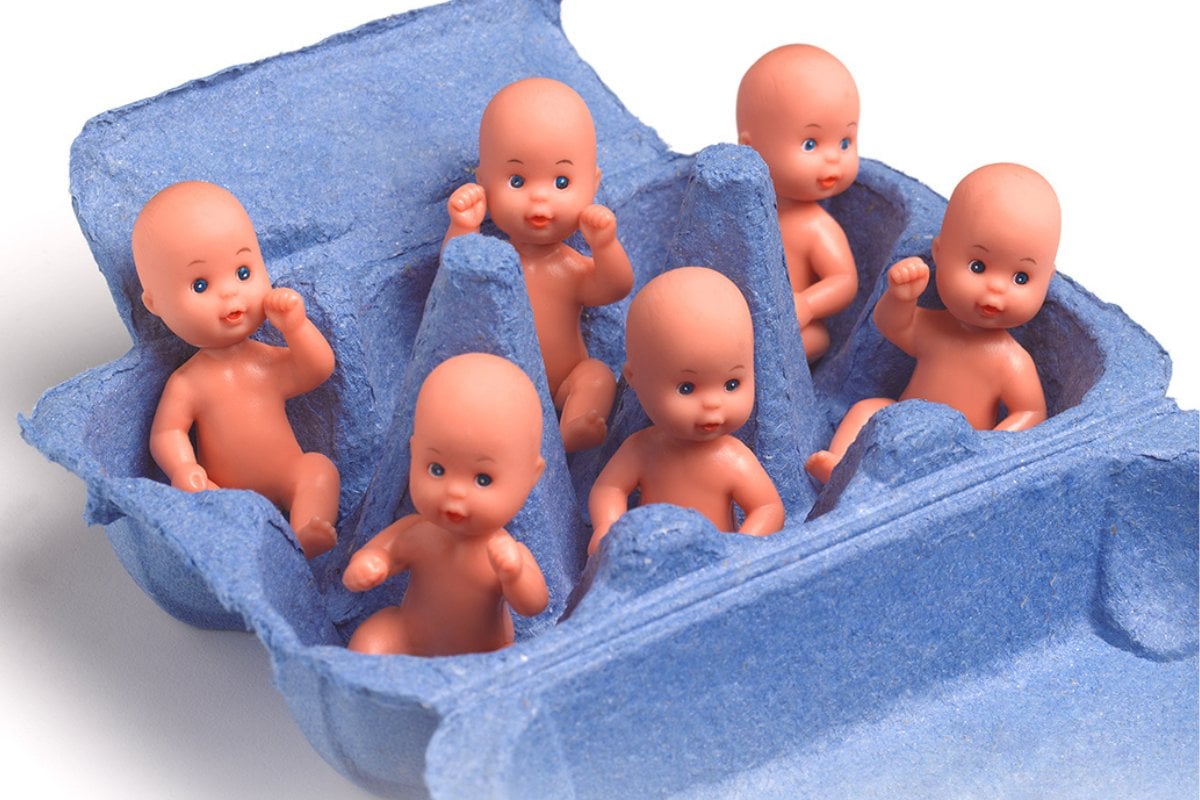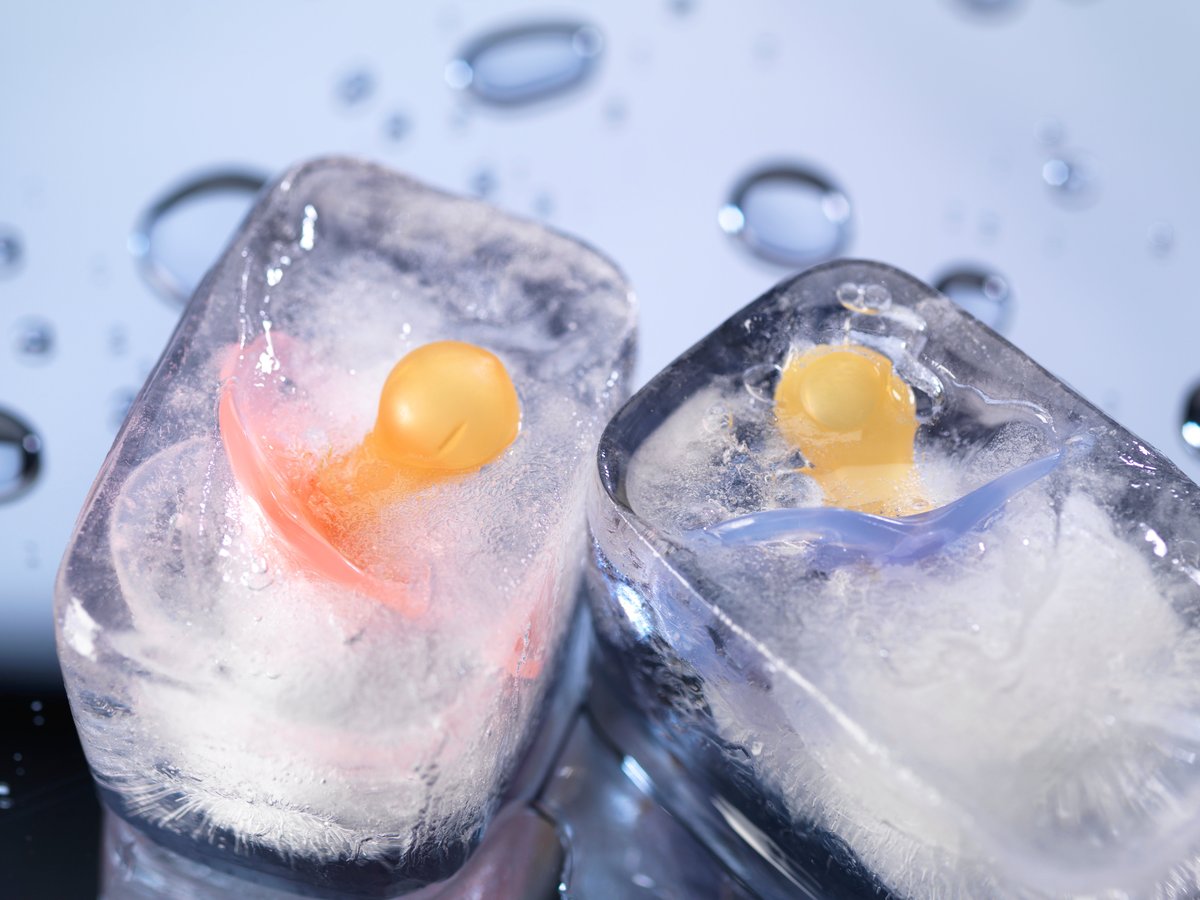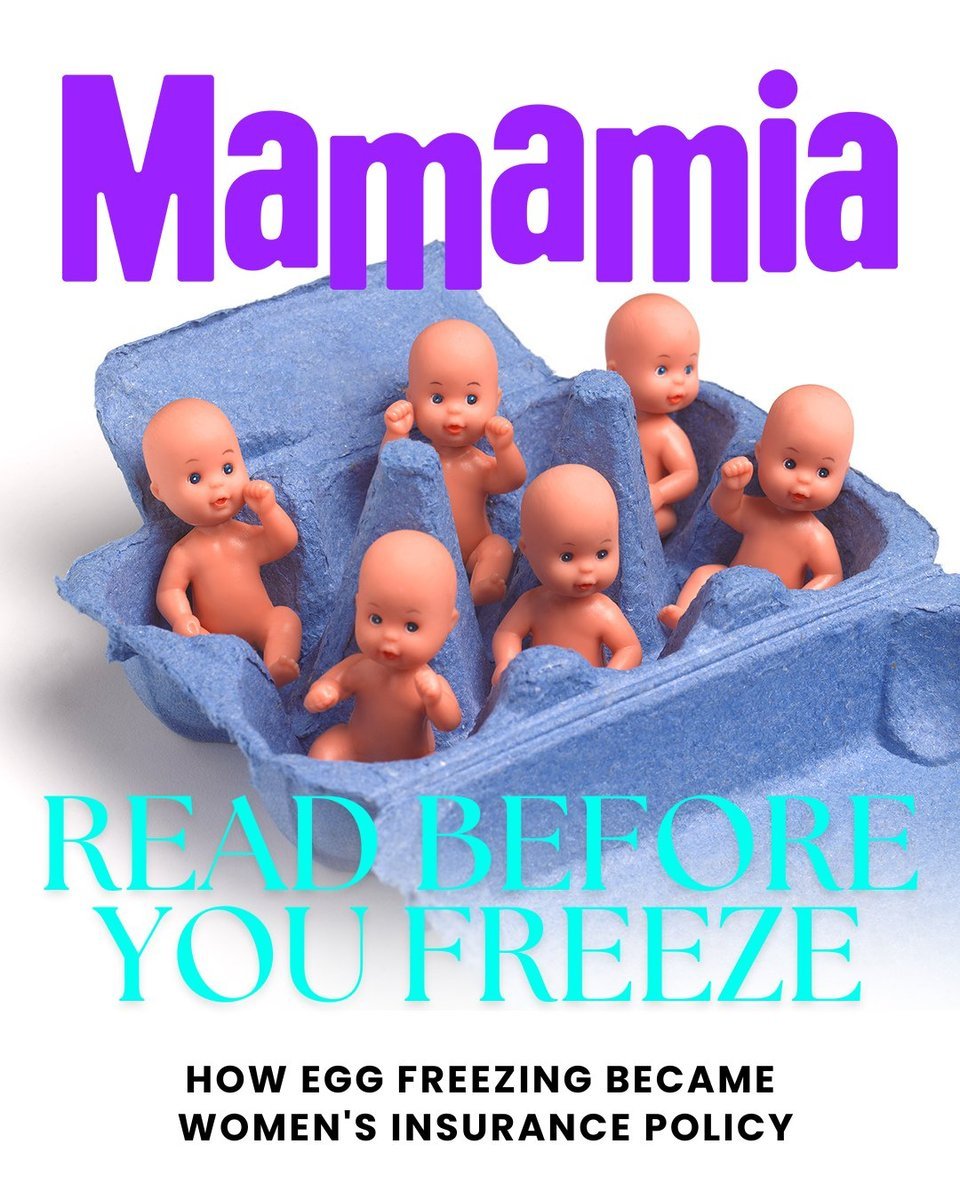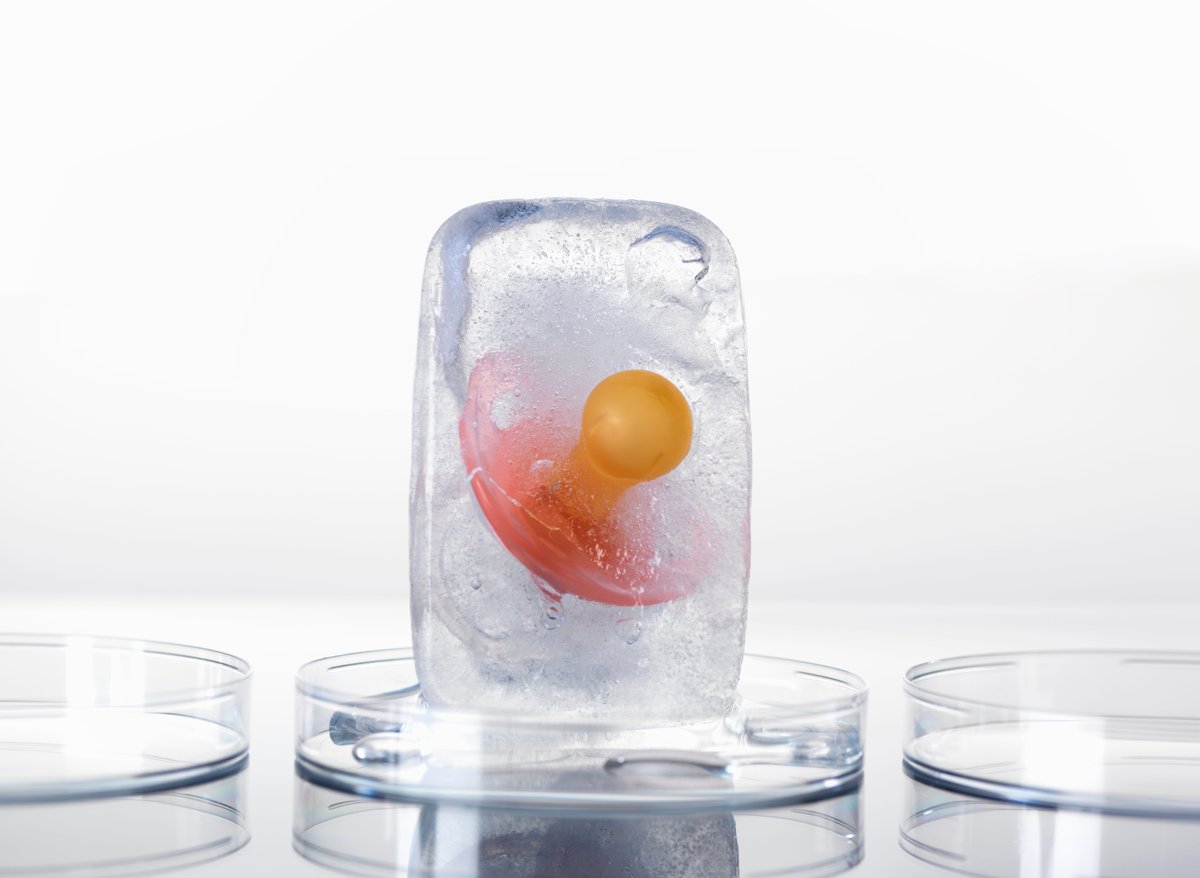
Sarah says she had always wanted to be a mum – in fact, she’d always planned on having a large family, with around four children. But life didn’t exactly work out as she’d planned. She’d turned 30 and then years passed without finding the long-term partner she’d always banked on to start a family with.
And so, four years ago, at 36-years-old, she decided to have her eggs frozen. She didn’t really believe at the time that she’d ever use them, she just saw it as a safety net to ensure that she could become a mother in the future.
It was an expensive process to go through with. But to her mind, the $10,000 was worth it, because she saw it as a guarantee for her future, regardless of whatever happened in her love life.
Watch: One woman decided to travel 9000 kms to freeze her eggs. Post continues after video.
Then, finding herself single again after the breakdown of a short-term relationship, Sarah had a clarifying moment when she realised that becoming a parent was the priority for her, whether she had a partner by her side or not.
"I think it was probably a long thought process internally of deciding what to do and then literally one day, it all landed in my brain," she tells Mamamia.





Top Comments